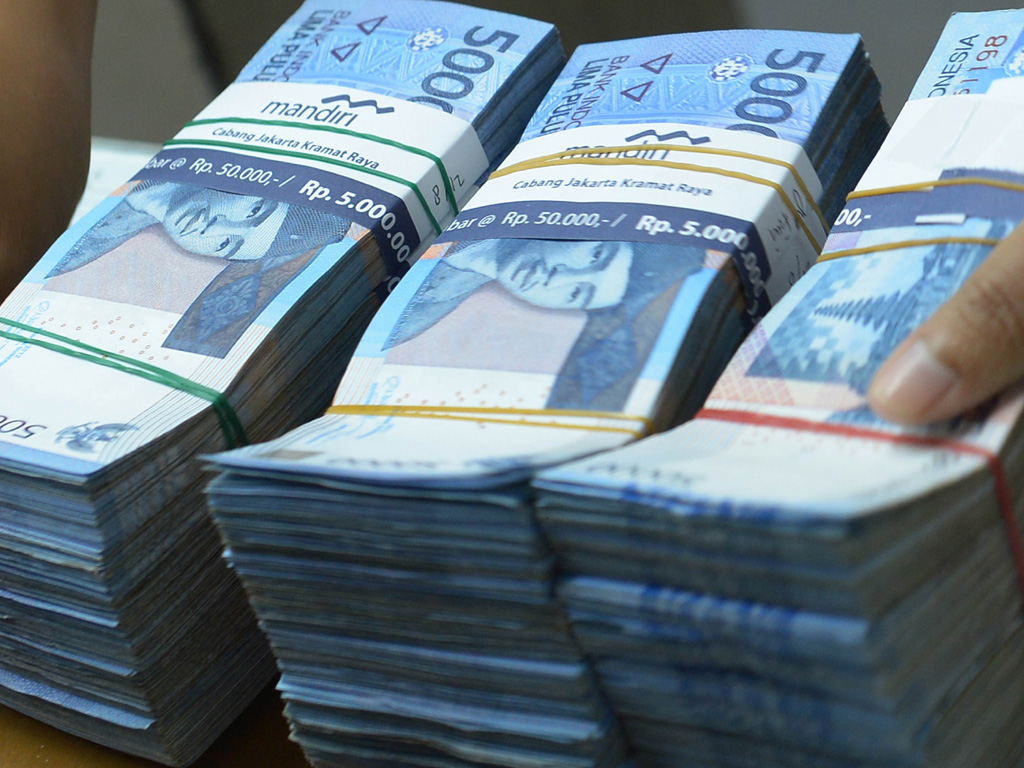 The Indonesian rupiah weakened on Wednesday after the country posted a record trade deficit, but most other Asian currencies enjoyed a welcome breather after U.S. President Donald Trump softened his tough trade rhetoric against China.
The Indonesian rupiah weakened on Wednesday after the country posted a record trade deficit, but most other Asian currencies enjoyed a welcome breather after U.S. President Donald Trump softened his tough trade rhetoric against China.
Trump insisted on Tuesday that talks between the world's largest economies had not collapsed despite fresh U.S. tariff measures on Friday and a Chinese reprisal, triggering some short covering in battered global financial markets.
The yuan also steadied on the comments, despite unexpectedly weak Chinese data on Wednesday that added to expectations Beijing will have to roll out more economic stimulus measures.
The yuan was at 6.8750 per dollar, after losing more than 2% since the trade war unexpectedly escalated last week.
"While risk appetite may still be bruised from concerns of full blown trade war, we think a significant portion of this risk aversion may have been priced in," analysts at Maybank said in a note to clients.
Currencies of export-reliant Asian nations that are susceptible to the trade dispute were marginally stronger against the greenback. The Korean won and the Taiwan dollar each firmed 0.1%.
The Indian rupee also gained on improved risk sentiment, strengthening 0.3% to 70.255 a dollar.
"Rather than trade links, India is vulnerable to any escalation in the trade war through capital outflows owing to weak market sentiments." said Radhika Rao, economist at DBS Bank in a note.
Elsewhere, the Thai baht declined 0.3% as the country's deputy prime minister on Wednesday said he expects economic growth to slow this year due to rising global tensions and domestic political uncertainty.
RUPIAH FALTERS ON WIDEST EVER TRADE DEFICIT
The Indonesia rupiah weakened as much as 0.2% as Southeast Asia's largest economy posted it widest trade deficit in history on April.
The archipelago booked its first deficit in three months at $2.5 billion as exports slumped and the pace of fall in imports were slower than expected.
However, Bank Indonesia is expected to keep interest rates unchanged at 6% for a sixth straight policy meeting on Thursday due to renewed pressures on the rupiah, as per a Reuters poll.



















Comments
Comments are closed.